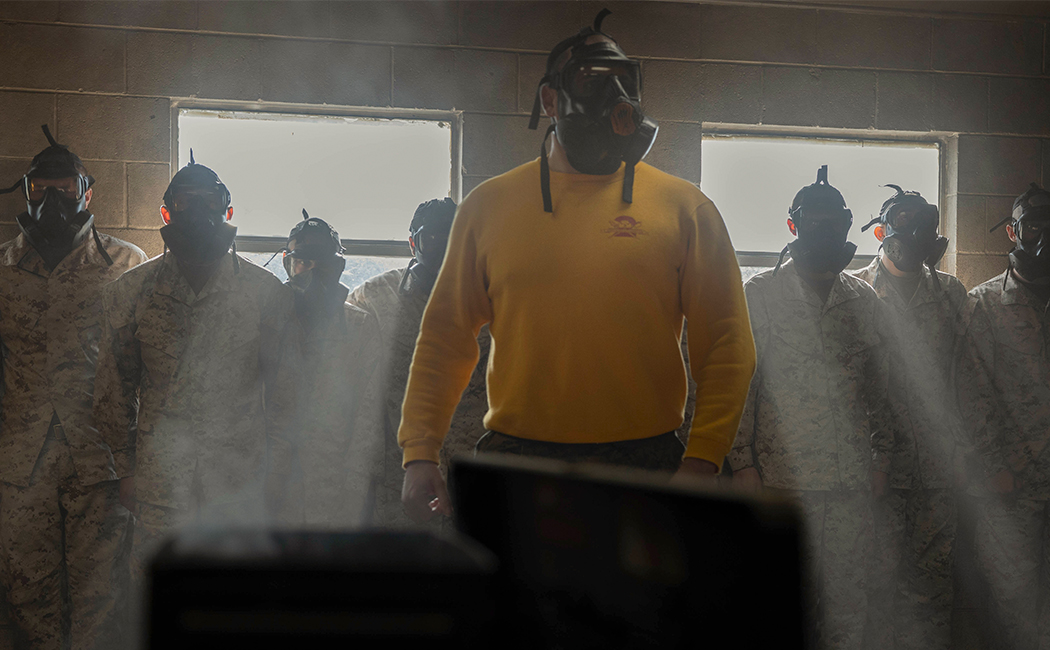Lawmakers have introduced legislation that would streamline the process for veterans to receive disability benefits for diseases that may be related to exposure to burn pits and other battlefield pollutants.
The bill, which was announced in the Senate, would remove a Department of Veterans Affairs requirement that veterans prove a link between a dozen diseases and exposure to burn pits and other toxins.
Instead, former service members would only have to provide documentation to the VA that they served at least 15 days in one of 33 countries listed in the proposed legislation.
The monumental proposal could have an impact on more than 3 million veterans who have served since Aug. 2, 1990, in one of the countries and have a listed illness, similar to the landmark Agent Orange Act of 1991, which designated more than a dozen diseases as presumed to be caused by exposure to toxic herbicides used in Vietnam.
The illnesses include: asthma diagnosed after deployment to a listed country or territory; any type of cancer; chronic bronchitis; chronic obstructive pulmonary disease; constrictive bronchiolitis; emphysema; granulomatous disease; interstitial lung disease; lymphoma; pleuritis; pulmonary fibrosis; and sarcoidosis.
The countries and territories listed include Afghanistan, Bahrain, Burkina Faso, Cameroon, Chad, Diego Garcia, Djibouti, Egypt, Ethiopia, Gabon, Ghana, Iraq, Jordan, Kenya, Kuwait, Kyrgyzstan, Libya, Mali, Niger, Nigeria, Oman, Pakistan, Philippines, Saudi Arabia, Somalia, South Sudan, Sudan, Syria, Tajikistan, Tunisia, Turkey, United Arab Emirates, Uzbekistan and Yemen.
More than 250 burn pits operated at U.S. military bases in Iraq, Afghanistan and elsewhere, used to dispose of all types of garbage, including plastics, batteries, tires, computers, office equipment, animal carcasses, household trash and hospital waste.
More than 212,000 veterans have enrolled in VA’s Airborne Hazards and Open Burn Pit Registry, a congressionally mandated database for veterans to self-report their deployments and any health-related consequences.
In addition to airborne exposures, the bill would cover former service members affected by contact to chemical weapons, nerve agents or other battlefield toxins, such as those encountered by troops assigned to Karshi-Khanabad Air Base in Uzbekistan, according to Gillibrand.















